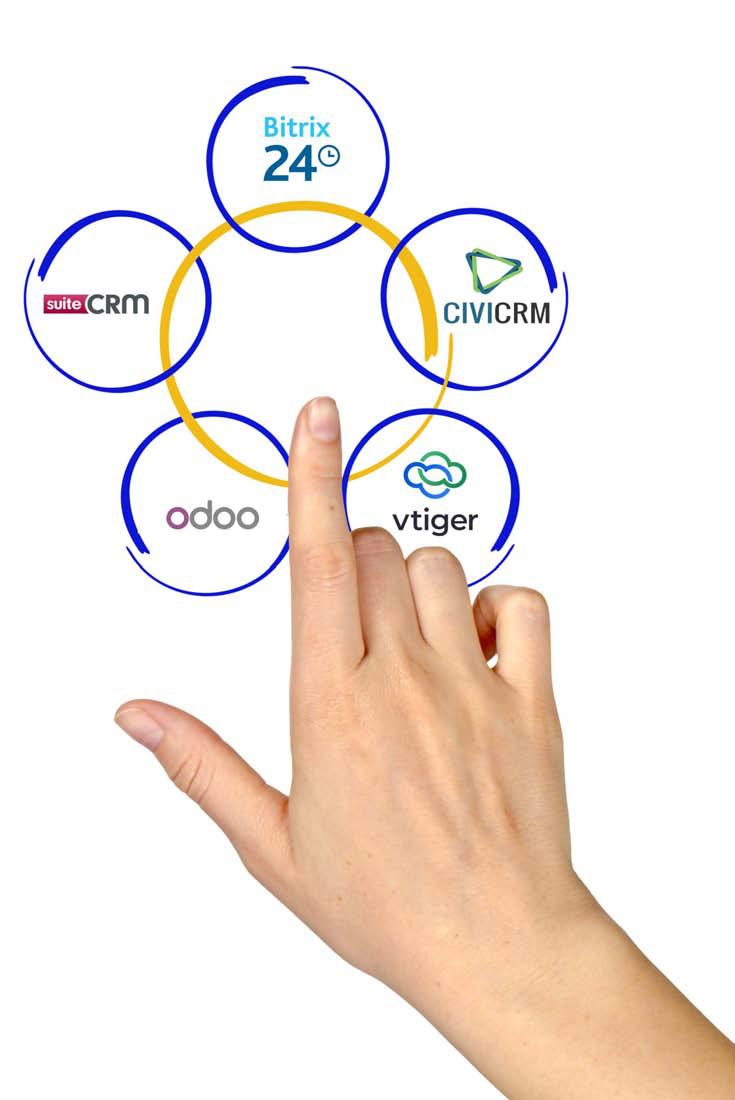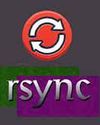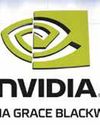
Customer management is a top priority for businesses since it helps them build a strong reputation in the market for their brand. Along with building a loyal community of customers, it also helps in increasing conversions, getting repeat orders, and upselling.
Customer relationship management (CRM) tools are purpose-specific digital tools for managing all key customer-related tasks, right from initiating communications and sending proposals, to managing leads, analysing a product’s life cycle, and maintaining records for developing the most relevant marketing and sales strategies.
Businesses, especially startups and small enterprises, can gain immense benefits by adding these tools to their IT stack. However, the price tag may act as a barrier for such budget-conscious businesses. While there are free CRMs available in the industry, they are generally riddled with issues like questionable performance, instability, lack of integration, and very limited features. It can be challenging to find free or affordable CRMs that assure real-life business benefits. You can solve this challenge by opting for an open source CRM that is free, easy to work with, scalable, and supports seamless integration with your present technology stack. To make the choice easier for you, here is a list of best open source CRMs with diverse USPs. Depending upon your business, industry, and customer management needs you can pick the most relevant tool.
SuiteCRM
Loaded with rich features, SuiteCRM is designed to help beginners come on board with a minimum learning curve.
この記事は Open Source For You の October 2022 版に掲載されています。
7 日間の Magzter GOLD 無料トライアルを開始して、何千もの厳選されたプレミアム ストーリー、9,000 以上の雑誌や新聞にアクセスしてください。
すでに購読者です ? サインイン
この記事は Open Source For You の October 2022 版に掲載されています。
7 日間の Magzter GOLD 無料トライアルを開始して、何千もの厳選されたプレミアム ストーリー、9,000 以上の雑誌や新聞にアクセスしてください。
すでに購読者です? サインイン

Red Hat unveils Red Hat OpenShift Virtualization Engine
Red Hat OpenShift Virtualization Engine is a new edition of Red Hat OpenShift that offers a dedicated solution for organisations to leverage the virtualisation capabilities already available within Red Hat OpenShift.

Spring AI: A Door to GenAI Heaven for Java Developers
Let's explore the Spring AI framework and its advantages, and look at how it is helping Java developers adopt AI.

Significant security vulnerabilities drive the release of Rsync 3.4
Rsync, the widely used utility for incremental file transfers and synchronisation, has released version 3.4. This update isn't packed with exciting new features but is instead critical due to several newly disclosed security vulnerabilities.

NVIDIA puts Grace Blackwell at every AI developer's fingertips
NVIDIA has introduced NVIDIA Project DIGITS, a groundbreaking personal AI supercomputer designed to empower AI researchers, data scientists, and students NVIDIA® NVIDIA GRACE BLACKWELL with the immense capabilities of the NVIDIA Grace Blackwell platform.

Top Tools for DevOps, Cybersecurity, and Cloud Management in 2025
In 2025, organisations will continue to rely on open source tools to retain a competitive edge. We look at why the best tools for DevOps, cybersecurity and cloud management will remain relevant and how best to integrate them into your organisation.

CREW: Open source platform to improve human-AI interaction
As human-AI collaboration deepens, critical questions arise: How should humans and AI complement one another? What kind of feedback enhances AI training? How can trust in AI be optimised to balance collaboration without over-reliance? Researchers at Duke University are addressing these challenges through CREW-an innovative platform designed to advance human-AI teaming.

Red Hat completes the acquisition of Neural Magic
Red Hat, Inc., has announced the completion of its acquisition of Neural Magic, a trailblazer in software and algorithms that accelerate generative AI (GenAI) inference workloads.

The Do's and Don'ts for Software Architects
Here's a list of best practices for software architects as well as the common mistakes they should try not to fall prey to.

openSUSE's Tumbleweed introduces Wayland support for the LXQt desktop environment
The openSUSE Project has announced that its Tumbleweed rolling release distribution now includes Wayland support for users of the LXQt desktop environment.

A Guide for Software Architects: Common Mistakes and Best Practices
Software architects play an invaluable role in the digital transformation of an organisation. To make a mark, they must imbibe certain qualities and avoid common errors.